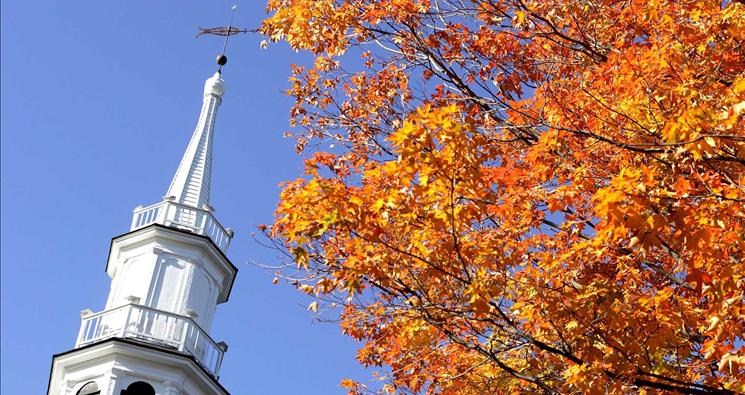Protecting a Church’s Right to Worship
We recently received great news in a case we’ve been handling on behalf of a Pennsylvania church and its pastor.
The church had extensively searched a Pennsylvania Borough for a place to hold Sunday services. The only available location was a masonic hall, which rents space to various groups throughout the week. The church held services at the hall for a while before the property owners received a letter from the Borough stating that churches were not allowed within the district in which the hall was located.
The pastor had several conversations with Borough officials regarding this matter, but was told more than once that there wasn’t very much room left in the Borough for more churches. In light of the Borough’s actions, the church renewed its efforts to find other available meeting space, to no avail.
We reviewed the zoning code and district map and learned that churches were prohibited in eleven of the Borough’s twelve types of zoning districts, which cover roughly 90 to 95% of property within the Borough. Various secular assembly uses were allowed in the district that the masonic hall was located in; for example, a facility that hosts wedding receptions and other large gatherings operates within a few hundred yards of where the church wanted to continue holding services. In addition, almost all of the relatively few areas that were zoned to allow church uses were government-owned properties not available for regular church use, such as an arboretum and the fire department.
We sent the Borough’s attorney a letter that stated that preventing the church from continuing to use the masonic hall for worship services, as the Borough had threatened to do, would violate the church’s rights under the United States Constitution and the Religious Land Use and Institutionalized Persons Act (RLUIPA), a federal law that protects religious groups from discriminatory and substantially burdensome land use regulations. In response, the Borough’s attorney stated that a variance would likely be approved and, while it was being considered, the Borough would not prevent the church from continuing to hold services.
We’re pleased to report that, earlier this week, the variance was approved and zoning committee members even stated that they hoped the church would grow and be successful. In sharing this excellent news with us, the pastor wrote, “We can’t thank you enough for the time and effort you put into this. Your letter is what turned the tables in our favor. Please don’t hesitate to contact me if you ever need someone to sing the praises of the ACLJ!”
We will continue to work to protect the right of churches and religious groups to exercise their faith free from discriminatory or otherwise illegal restrictions.
